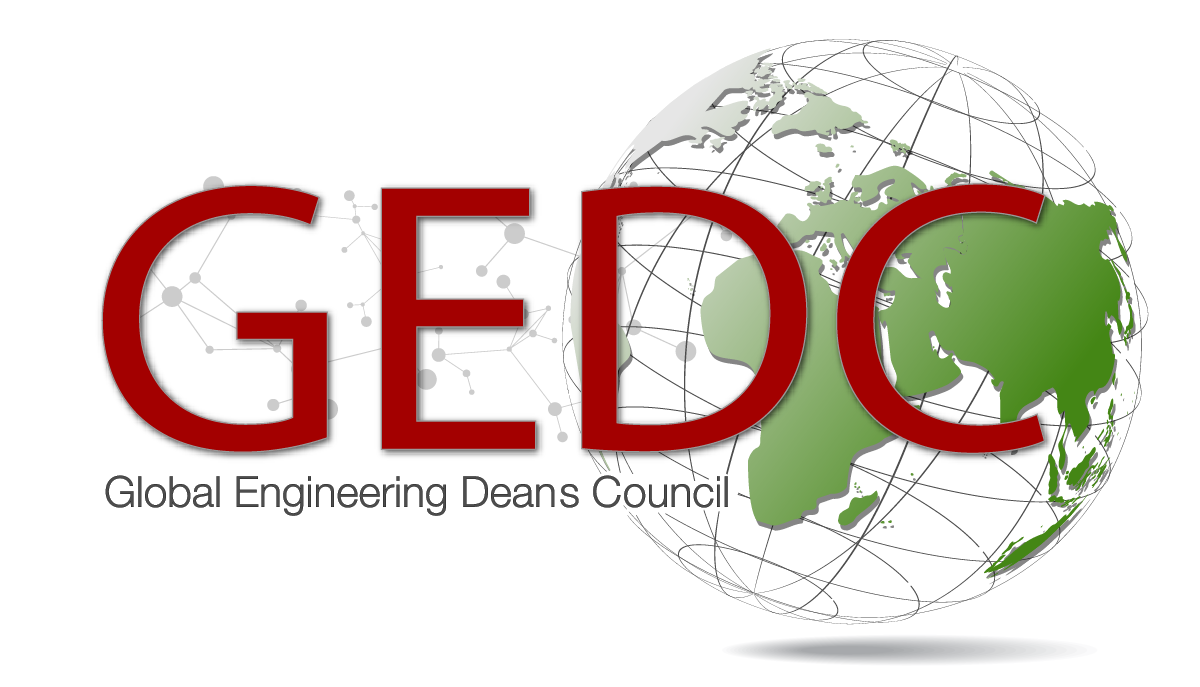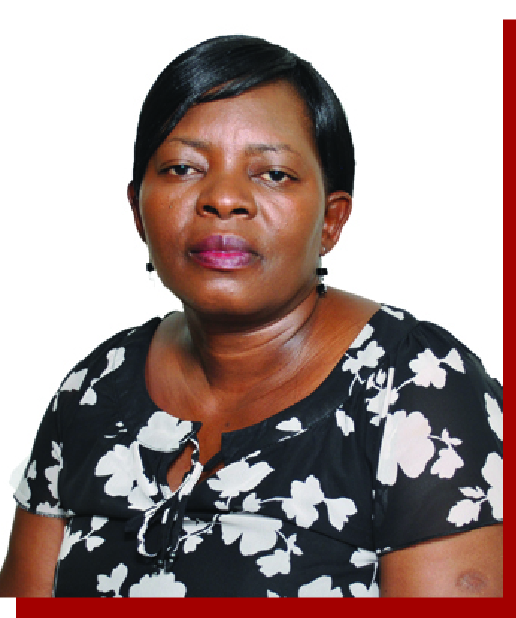What are some engineering degree programs offered by the University of Malawi, the Polytechnic and what are some of the salient ongoing research projects? What is the main focus of your research?
The vision of the University of Malawi – The Polytechnic is to be a center of excellence in the provision of scientific and technological education and training for sustainable development.
The Polytechnic has five Faculties, namely: Applied Sciences, Built Environment, Commerce, Education & Media Studies and Engineering.
The Faculty of Engineering offers diploma, undergraduate and postgraduate programmes in the following areas: civil engineering (water, structures, transportation); electrical and electronics; electrical and computer; electrical and telecommunication; biomedical; automobile; industrial; energy; mechanical, mining; geological; metallurgy & mineral processing. The Faculty undertakes research to address problems faced by the community along its lines of programmes.
Can you share with us some of the approaches that the University of Malawi, the Polytechnic is implementing in order to sustain growth in its Engineering College and retain a constant growth of its student body in addition to ethnic and gender diversity?
The Faculty of Engineering ensures that requirements for curricula are met. Through collaboration with Rice University, problem-based learning has been embedded in the curricula. All students undertake a compulsory four-month, assessed internship programme during their fourth year. Through the Lemelson project, there are student and staff exchanges, seed grants and project competitions that enhance learning.
Is the University of Malawi, the Polytechnic planning to offer/does the University of Malawi, the Polytechnic offer any Massive Open Online Courses [MOOCs] in Engineering?
The Polytechnic does not offer MOOCs at the moment. However, new ways of using technology are being developed.
What are some of the overall challenges that your institution faces?
The University faces a number of challenges, some of which are inadequate infrastructure to meet the growing demand; outdated and inadequate equipment; resources (financial and human) and poor ICT-related services.
How would you characterize the current relations between the University of Malawi, the Polytechnic and the Corporate and Industry world? What are some of the projects that you are implementing local companies?
There has been a weak link with industry for a long time. The Faculty has realized the need to work closely with industry and has since embarked on a number of initiatives including curriculum review, offering and supervising students on industrial attachment (internships), as guest lecturers, giving seminars, and supporting research.
Are there any international partnerships between the University of Malawi, the Polytechnic and other institutions?
The Polytechnic collaborates with Rice University (USA). With funding from Lemelson, Rice University has strengthened the biomedical engineering programmes through its involvement in curriculum development. The main component of the collaboration has also been the introduction of the Polytechnic Innovation Design Studio (PIDS), which provides an enabling environment to encourage innovation. The Design Studio provides equipment and materials to enable students and staff implement design ideas. The project also has a component of staff and student exchange. In addition, the project supports innovation through a provision of seed grants and organizing competitions.
The Polytechnic, through the Center for Water, Sanitation, Health and Appropriate Technology Development (WASHTED), a center under the Faculty of Engineering, is developing an undergraduate and a postgraduate degree programme in renewable energy under the Academic Initiative for Renewables (AIR) Project. The AIR project will focus on higher education in the field of Renewable Energy Technology (RET) with seven universities from Southern African countries and one German university (Technische Hochschule Ingolstadt).
The Polytechnic also collaborates with Virginia Tech University USA) in research and to enhance engineering education.
What have been some of the cutting-edge engineering education advancements at in the engineering program under your leadership?
The introduction of the design studio to enhance innovation has been the cutting-edge engineering education advancement that has taken place under my leadership. This has motivated students in the area of innovation and they are coming up with solutions to some of the problems which communities face.
At the University of Malawi, the Polytechnic, what are some of the initiatives that you have undertaken to promote diversity in engineering education?
The Polytechnic supports stakeholder networks and encourages collaboration in reaching out to boys and girls including those in rural areas of the country.
In your opinion, what are some of significant issues/topics that ought to be addressed by the global engineering community and particularly by engineering deans, in order to further strengthen inter regional communication and continue to globalize this field of study?
The global engineering community should address the challenge of producing competent engineering graduates amidst the resource challenges that the majority of universities face especially in low-resource settings.
How has GEDC helped your University achieve the goal of making your institution a more global environment?
Participation at annual GEDC summit provides opportunities to network with Deans across the globe. The 2017 GEDC Industry Forum also provided insights on how industry can be meaningfully engaged in enhancing engineering education.
What are your top five priorities as a dean and what do you envision for the University of Malawi, the Polytechnic five years from now?
- Review of curriculum using the harmonized approaches such as Tuning Africa.
- Accreditation of programmes
- Engaging industry more in enhancing engineering education.
- Mentorship and career talks right from primary school level
- Development of more international partnerships
As dean, I want to contribute to the vision of transforming young minds into competent engineers who can face global challenges.

